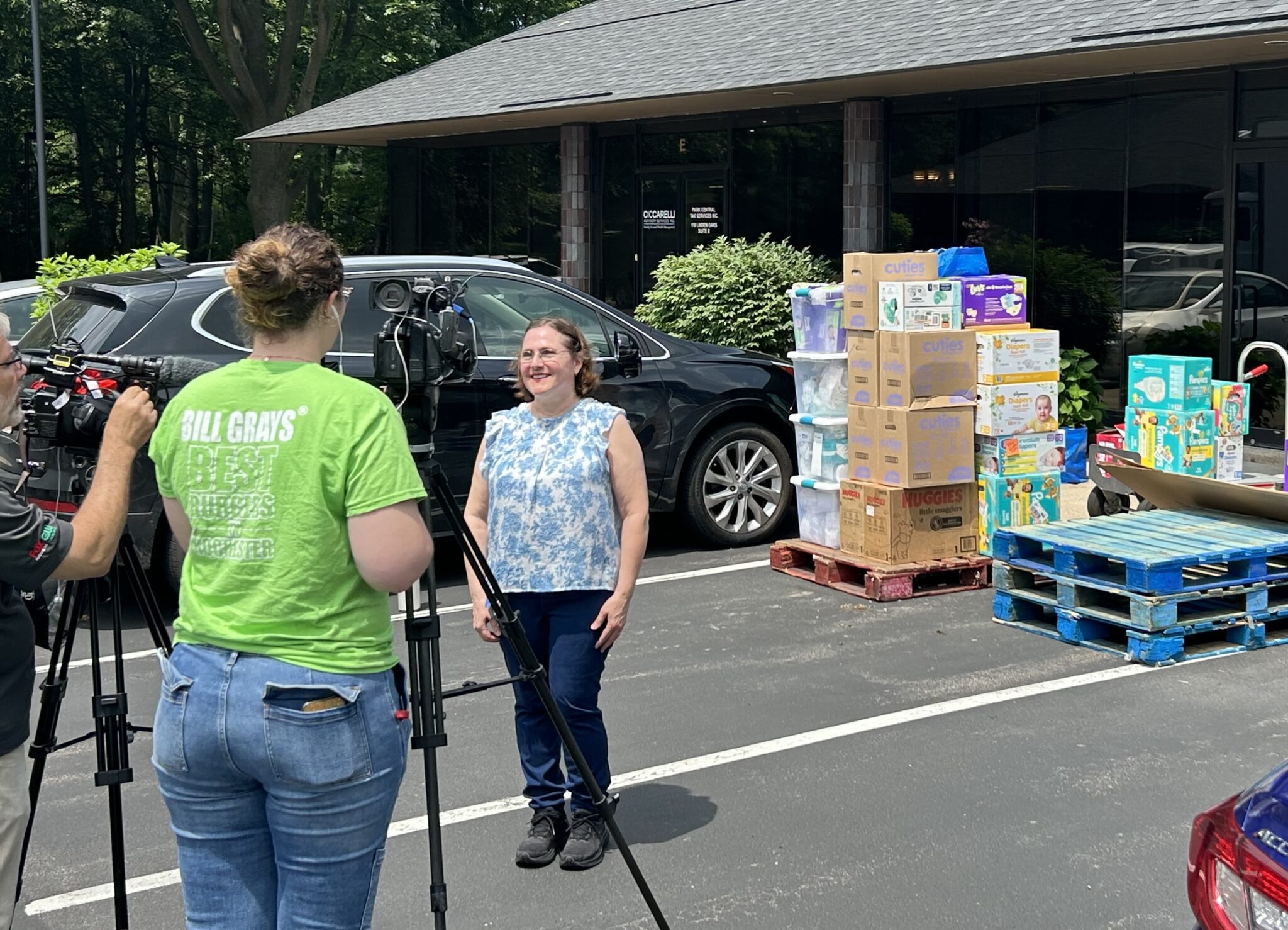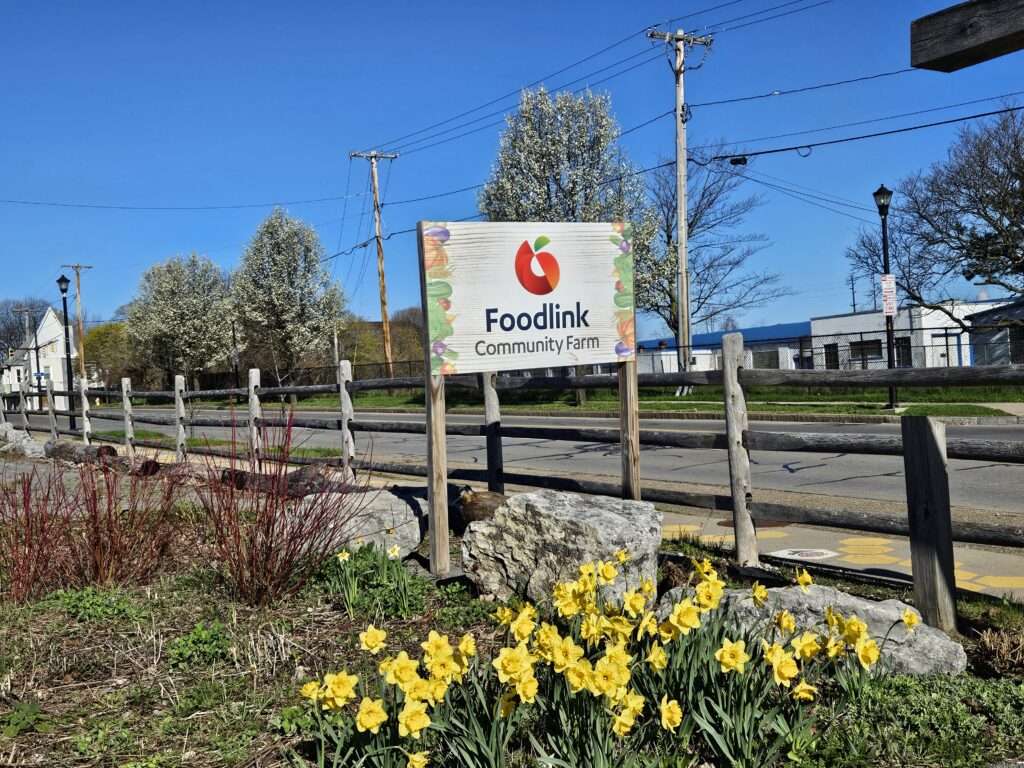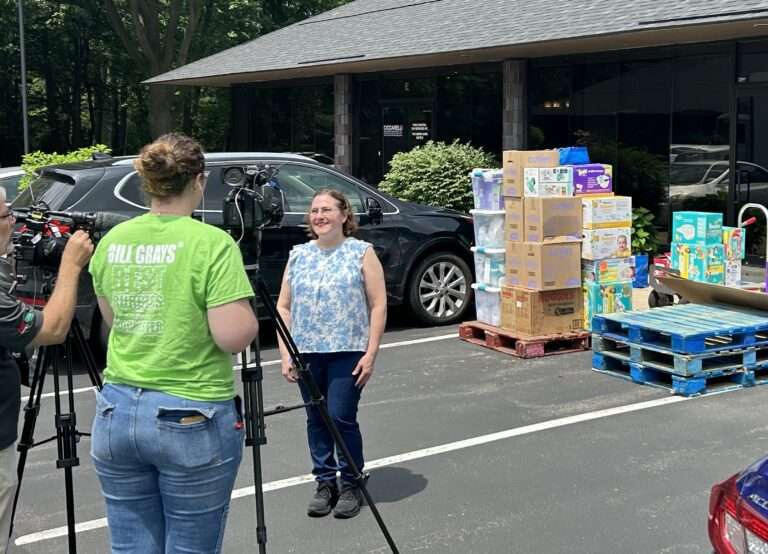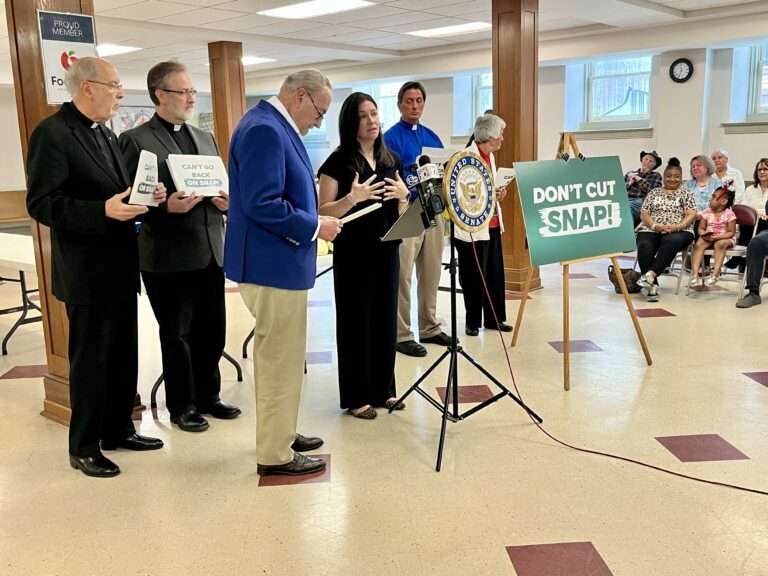
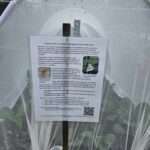
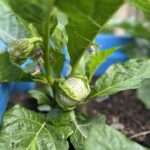
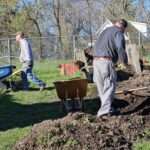
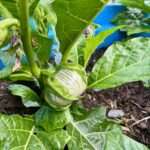

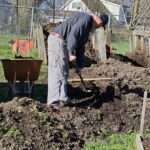
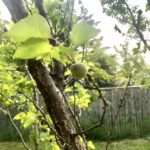

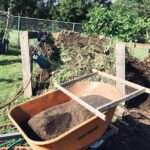
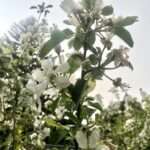
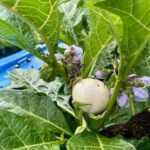
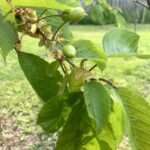
This summer, our Foodlink Community Farm on Lexington Avenue is buzzing with activity! We’re thrilled to be collaborating with several local academic institutions on exciting new projects that will benefit our community and advance agricultural knowledge.
Pest Management and Crop Research
Cornell Cooperative Extension is currently monitoring the population of the Swede Midge, an invasive pest that threatens our brassica crops like Brussels sprouts and broccoli. By trapping and counting these flies, researchers can better understand their behavior and develop effective control strategies.
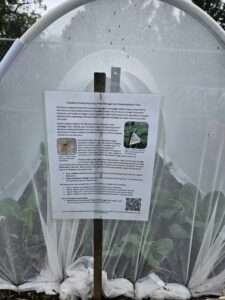
Meanwhile, Cornell University is conducting blind trials on various African eggplant varieties. Known for their bitter taste and unique appearance, these eggplants offer exciting culinary possibilities.
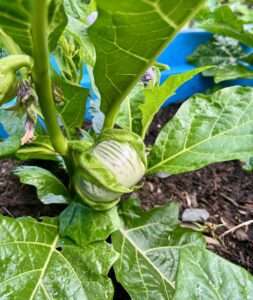
Compost and Soil Health
RIT, is assisting the farm with remote temperature monitoring of our compost. By using remote thermometer probes and transponders, we can precisely monitor compost temperatures, ensuring they reach the optimal level to eliminate harmful bacteria and weed seeds. This innovative method improves our composting efficiency and protects the environment.
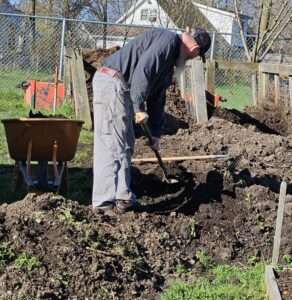
RIT has also been collaborating with us for the past three years to assess lead levels in our orchard’s soil, leaves, and fruit. While trace amounts of lead are present in the soil, as is common in urban areas, we’re pleased to report that no lead has been detected in the fruit in previous testing. This ongoing research helps us guarantee the safety of our produce and contributes to the broader understanding of urban fruit tree cultivation.
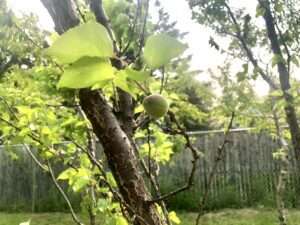
A Bright Future
These collaborative projects are just the beginning of our efforts to make the Foodlink Community Farm a center for academic research, education, and economic growth. We’re excited to share more updates and discoveries with you in the coming months. Stay tuned for more information about our farm’s impact on the community!
